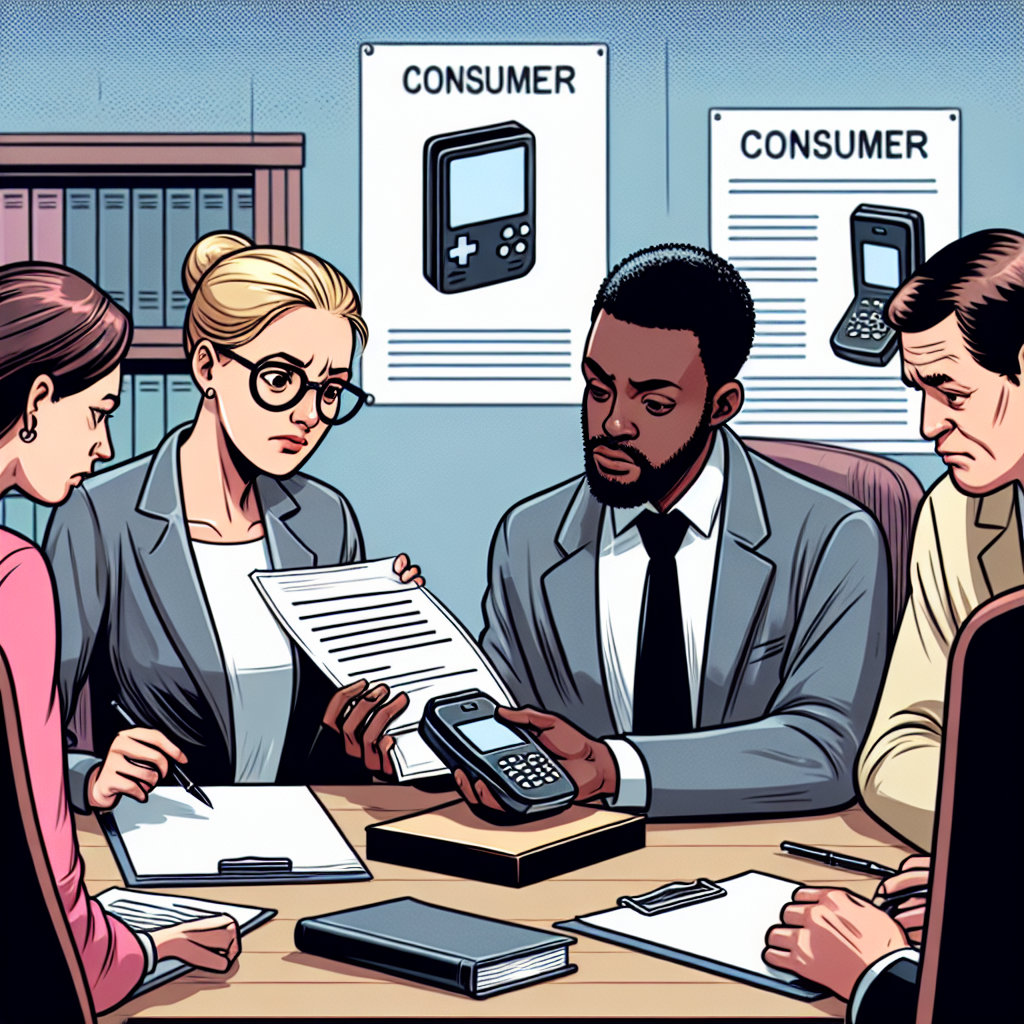Consumer Law Faulty Goods: Protecting Your Rights as a Consumer

As a consumer, it is essential to be aware of your rights when purchasing goods. Unfortunately, there are instances when the products we buy turn out to be faulty or defective. In such cases, consumer law provides protection and avenues for redress. This article aims to explore the topic of consumer law faulty goods, highlighting key aspects and offering valuable insights to help you navigate this challenging situation.
Understanding Consumer Law and Faulty Goods
Consumer law refers to the legal framework that safeguards the rights and interests of consumers in their interactions with businesses. When it comes to faulty goods, consumer law ensures that consumers are protected from purchasing products that do not meet the expected standards of quality, safety, and performance.
When a consumer purchases a faulty product, they have the right to:
- Receive a refund or replacement
- Have the faulty product repaired
- Seek compensation for any damages caused by the faulty product
Consumer Rights and Remedies
Consumer law provides various remedies for consumers who have purchased faulty goods. These remedies may vary depending on the jurisdiction, but some common options include:
- Refund or Replacement: If a product is faulty, consumers have the right to request a refund or a replacement from the seller or manufacturer. This remedy ensures that consumers are not left with a defective product and are not financially burdened by their purchase.
- Repair: In some cases, consumers may prefer to have the faulty product repaired instead of seeking a refund or replacement. The seller or manufacturer is responsible for covering the costs of repair.
- Compensation: If a faulty product causes harm or damage, consumers may be entitled to compensation. This can include reimbursement for medical expenses, property damage, or any other losses incurred as a result of the faulty goods.
Steps to Take When Dealing with Faulty Goods
If you find yourself in possession of faulty goods, it is important to take the following steps:
- Contact the Seller: Notify the seller or manufacturer about the issue as soon as possible. Provide them with all relevant details, such as proof of purchase, product description, and evidence of the fault.
- Keep Records: Document all communication with the seller or manufacturer, including dates, times, and the content of conversations or emails. This will serve as evidence if further action is required.
- Know Your Rights: Familiarize yourself with the consumer laws in your jurisdiction to understand the remedies available to you. This knowledge will empower you to assert your rights effectively.
- Seek Legal Advice: If your attempts to resolve the issue directly with the seller or manufacturer are unsuccessful, consider seeking legal advice. A consumer law attorney can guide you through the process and help you pursue your rights.
Conclusion
Consumer law faulty goods is a crucial aspect of protecting consumer rights. By understanding your rights and the available remedies, you can confidently address issues with faulty products. Remember to act promptly, keep records, and seek legal advice if necessary. By doing so, you can ensure that your consumer rights are upheld and that you receive the appropriate resolution for any faulty goods you encounter.







